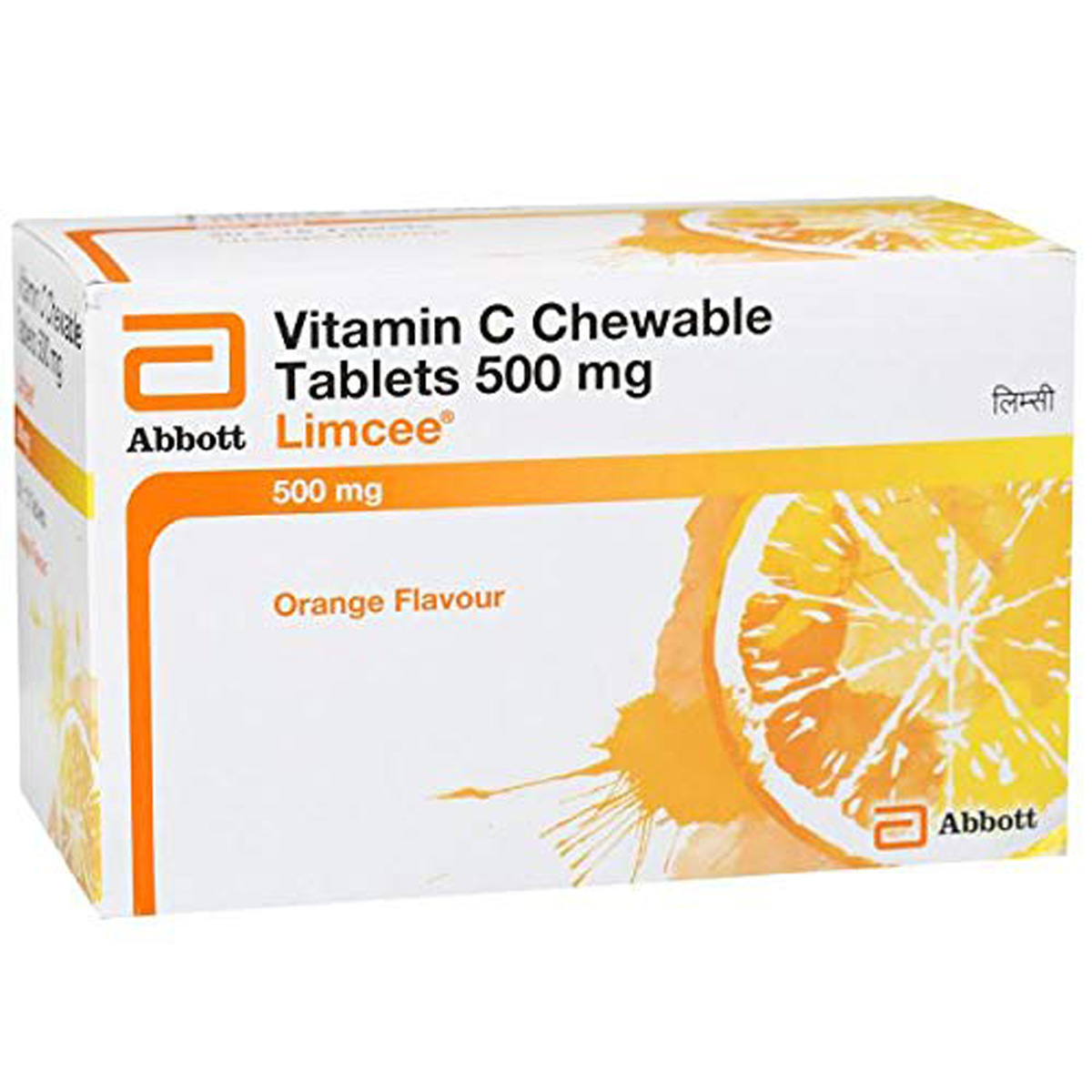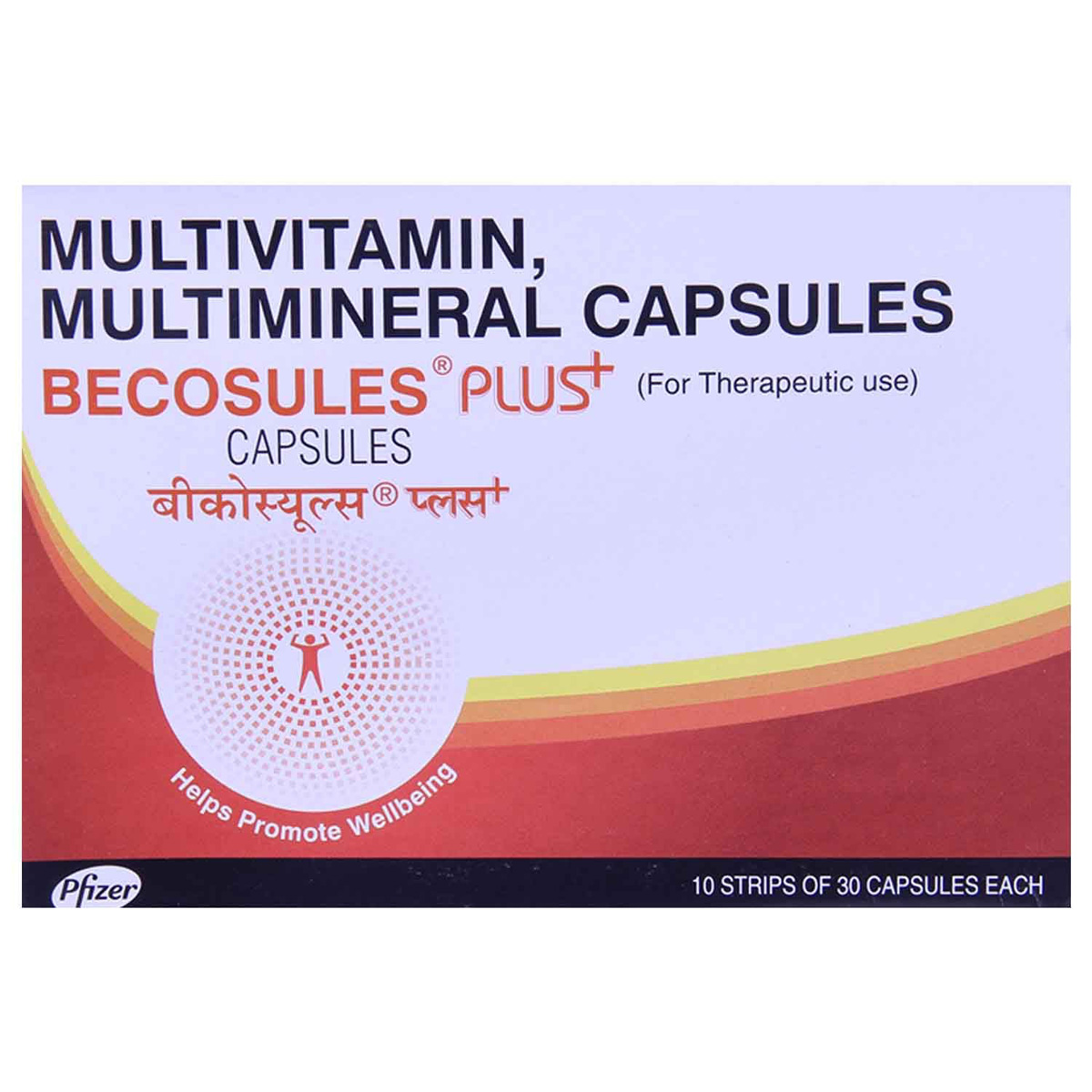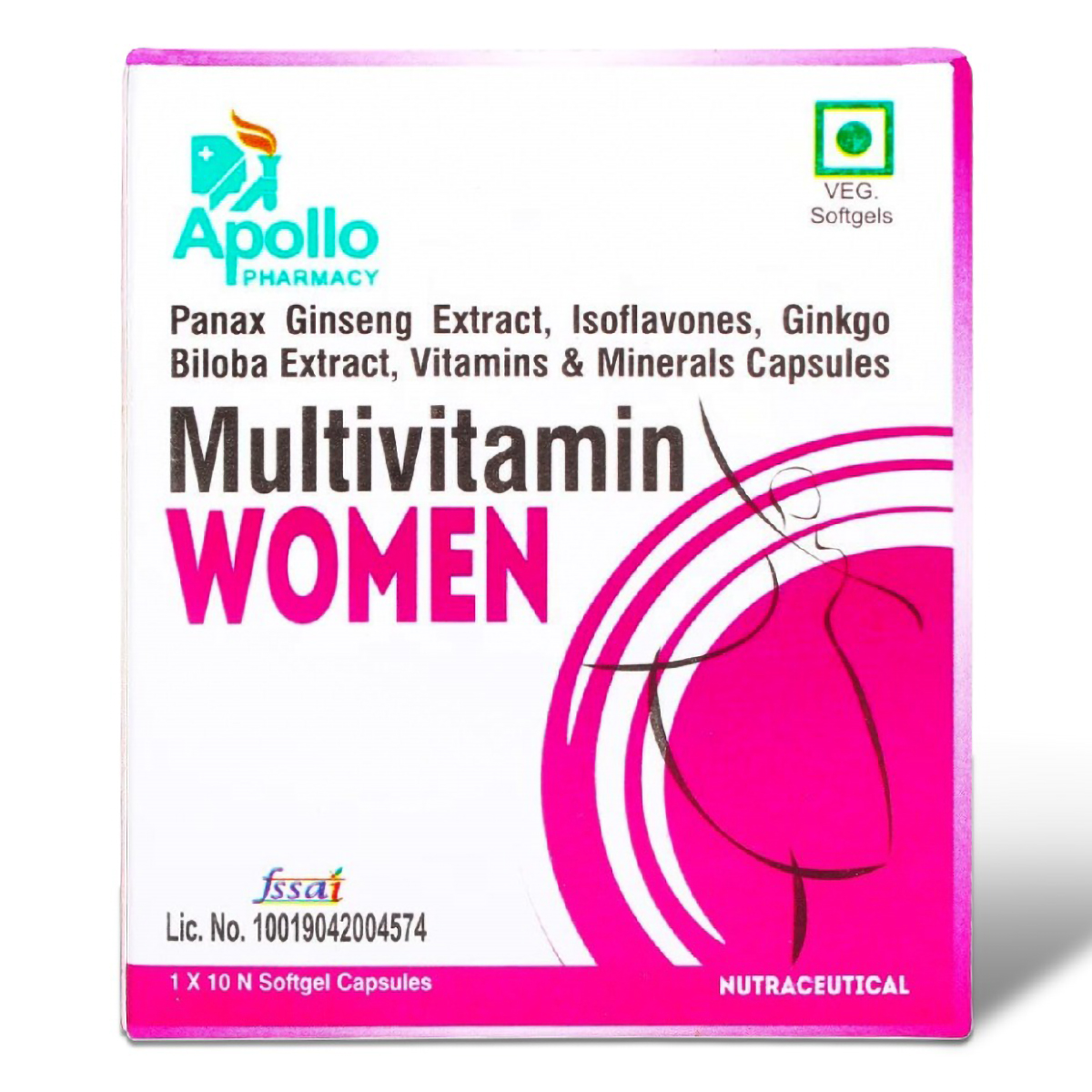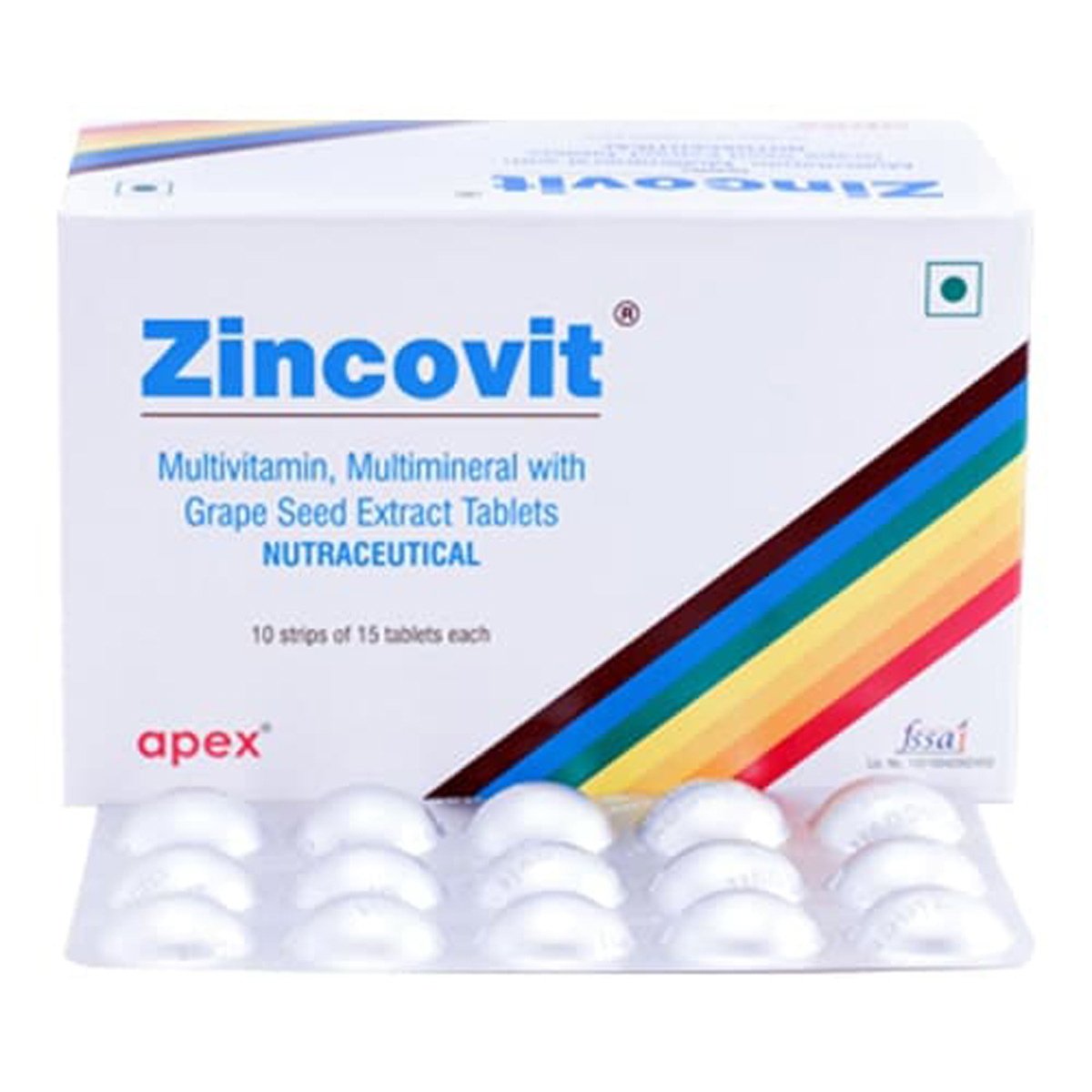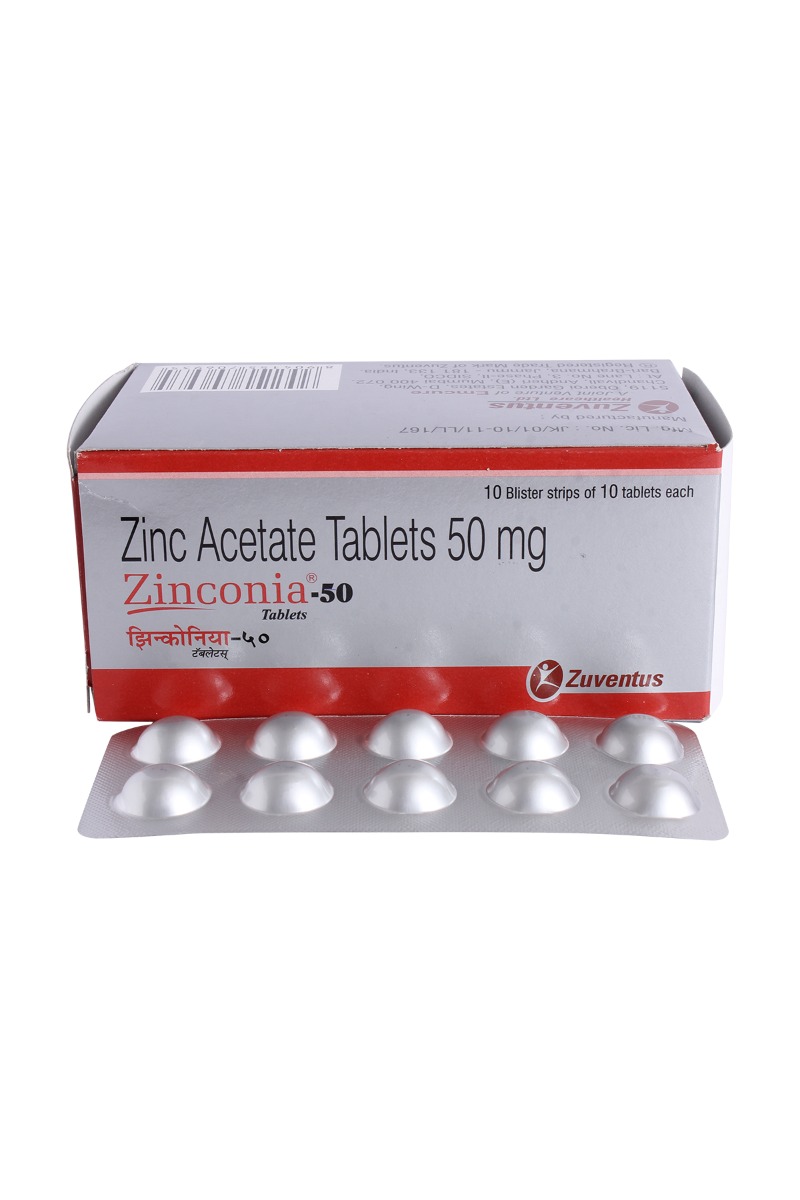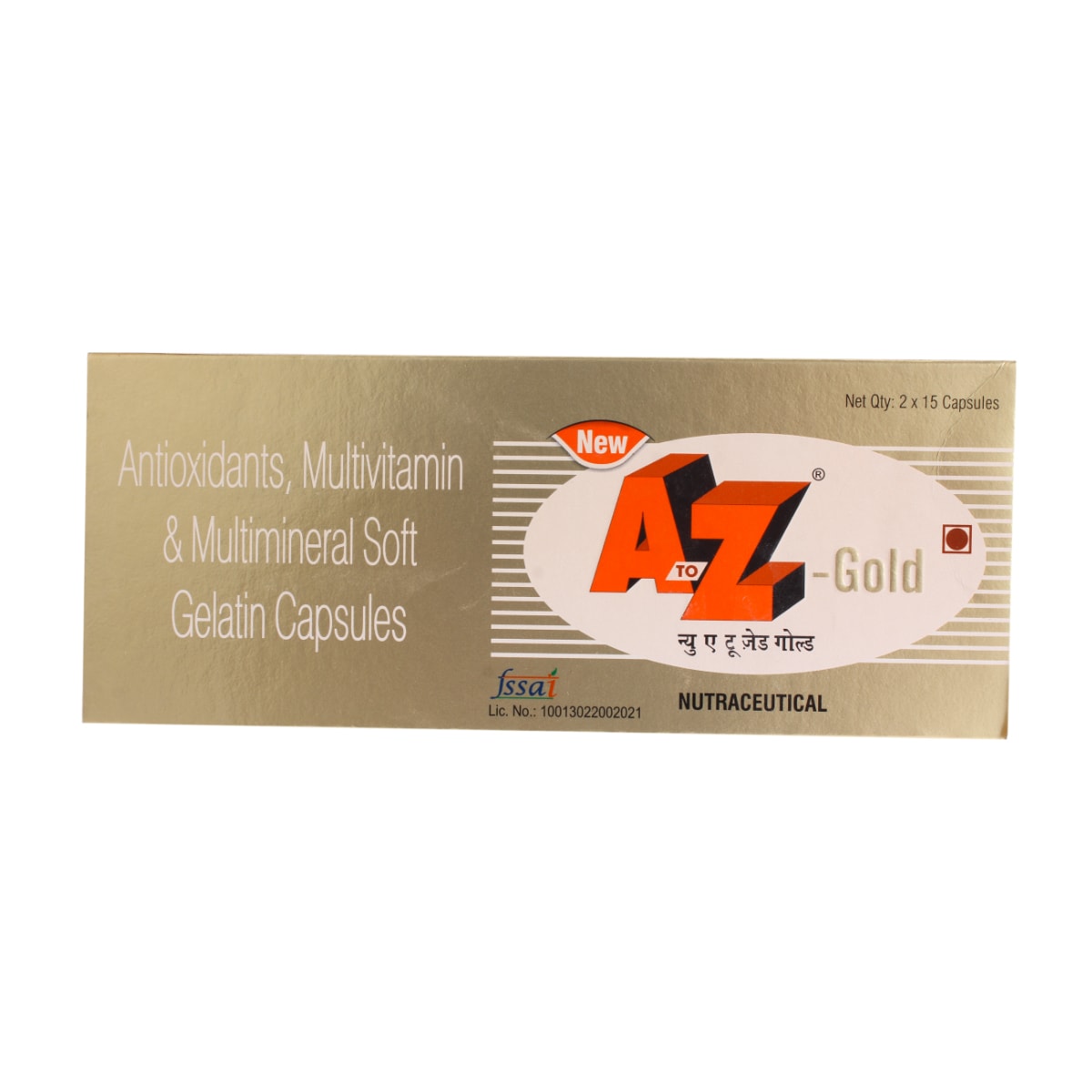Rubired Drops
MRP ₹104
(Inclusive of all Taxes)
₹15.6 Cashback (15%)
Therapeutic Class
Author Details
We provide you with authentic, trustworthy and relevant information
Drug-Drug Interactions Checker List
- CIPROFLOXACIN
- DOXYCYCLINE
- GENTAMICIN
- PHENOBARBITAL
- PHENYTOIN
- OMEPRAZOLE
- CIMETIDINE
Drug-Drug Interactions
Drug-Drug Interactions
Login/Sign Up
Coadministration of Rubired Drops 15 ml and Carbamazepine may reduce the blood levels of Rubired Drops 15 ml.
How to manage the interaction:
Although there is a possible interaction between Rubired Drops 15 ml and Carbamazepine, you can take these medicines together if prescribed by your doctor. However, if your condition changes or you experience loss of seizure control, contact your doctor.
Sulfadiazine may decrease the blood levels and effects of Rubired Drops 15 ml.
How to manage the interaction:
Although there is a possible interaction between Rubired Drops 15 ml and Sulfadiazine, you can take these medicines together if prescribed by your doctor.
Coadministration of Rubired Drops 15 ml and Fluorouracil may increase the effects of Fluorouracil and increase the risk of serious side effects such as bleeding problems, anaemia (lack of blood), infections, and nerve damage.
How to manage the interaction:
Although there is a possible interaction between Rubired Drops 15 ml and Fluorouracil, you can take these medicines together if prescribed by your doctor. However, if you experience diarrhoea, paleness of skin, severe nausea and vomiting, over-tiredness, dizziness, fainting, blood in the stools, unusual bleeding or bruising, fever, chills, body pains, flu-like symptoms, skin reactions, mouth ulcers or sores, and/or numbness, burning or tingling in your hands and feet, contact your doctor.
Trimethoprim may decrease the blood levels and effects of Rubired Drops 15 ml.
How to manage the interaction:
Although there is a possible interaction between Rubired Drops 15 ml and Trimethoprim, you can take these medicines together if prescribed by your doctor. Do not stop using any medications without consulting your doctor.
Co-administration of Rubired Drops 15 ml with Capecitabine may increase the risk of serious side effects such as bleeding problems, anemia, infections, and nerve damage.
How to manage the interaction:
Although there is a possible interaction between Rubired Drops 15 ml and Capecitabine, you can use these medicines together if prescribed by the doctor. However, if you experience paleness of skin, diarrhea, severe nausea and vomiting, over-tiredness, dizziness, fainting, blood in the stools, unusual bleeding or bruising, fever, chills, body aches, flu-like symptoms, skin reactions, mouth ulcers or sores, and/or numbness, burning or tingling sensation in the hands and feet, contact a doctor. Do not discontinue the medication without consulting a doctor. Do not discontinue the medication without consulting a doctor.
Coadministration of Rubired Drops 15 ml and Cholestyramine may interfere with the absorption of Rubired Drops 15 ml.
How to manage the interaction:
Although taking Cholestyramine and Rubired Drops 15 ml together can result in an interaction, they can be taken together if prescribed by a doctor. However, if you experience Constipation, Diarrhea, Stomach pain, Nausea, or Loss of appetite, consult a doctor. Do not stop using any medications without consulting a doctor.
Drug-Food Interactions
Drug-Food Interactions
Login/Sign Up
Drug-Diseases Interactions
Drug-Diseases Interactions
Login/Sign Up
Drug Warnings
Brief your medical history to the doctor if you have any allergic reactions to medicines, heart/kidney/liver/ diseases, iron overload disorders like hemochromatosis, hemosiderosis, and intestinal problems (ulcer, colitis) before starting Rubired Drops. Pregnant women should consult their doctor before taking Rubired Drops. Iron is excreted into the breast milk; hence consult your doctor before taking Rubired Drops if you are a breastfeeding mother. Drinking alcohol may affect iron absorption; therefore, it is advised to consult your doctor before consuming alcohol while on treatment with Rubired Drops. Rubired Drops should be used in children only when suggested by the doctor.
Side Effects of Rubired Drops
- Nausea
- Diarrhoea
- Constipation
- Stomach upset
Directions for Use
Medicinal Benefits Mweb
Key Benefits
Rubired Drops contains Elemental Iron, Folic acid, and Cyanocobalamin. Elemental Iron is an essential body mineral required by the red blood cells to carry oxygen to other body cells and tissues. By combining with a protein in the blood called haemoglobin, iron helps carry adequate oxygen to various body parts. Folic acid helps in forming red blood cells. It prevents and treats anaemia and folate deficiency. Cyanocobalamin helps in the proper functioning of the brain and nerves and the production of red blood cells. Thereby, Rubired Drops treats nutritional deficiencies and anaemia.
Uses of Rubired Drops
About Rubired Drops
Rubired Drops belongs to a class of 'nutritional supplements,' primarily used to treat iron deficiency anaemia and nutritional deficiencies. Iron deficiency anaemia is a condition in which the body does not have enough red blood cells due to low iron levels. Nutritional deficiency occurs when the body is unable to absorb or get enough nutrients from food.
Rubired Drops contains Elemental Iron, Folic acid, and Cyanocobalamin. Elemental Iron is an essential mineral that aids in producing red blood cells and the transportation of oxygen to body tissues. Folic acid helps in forming red blood cells and prevents and treats folate deficiency (low blood levels of folate). Cyanocobalamin is a form of vitamin B12 that helps in the proper functioning of the brain and nerves and the production of red blood cells.
Your doctor will decide the duration based on your medical condition. In some cases, Rubired Drops may cause side effects like nausea, diarrhoea, constipation, and stomach upset. These side effects do not require medical attention and gradually resolve over time. However, if these side effects persist longer, please consult your doctor.
Brief your medical history to the doctor if you have any heart/kidney/liver diseases, iron overload disorders like hemochromatosis, hemosiderosis, and intestinal problems (ulcer, colitis) before starting Rubired Drops. It is essential to seek medical advice before starting Rubired Drops if you are pregnant or breastfeeding. Drinking alcohol may affect iron absorption; therefore, it is advised to avoid/limit alcohol consumption. Rubired Drops should be given to children only when advised by the doctor.
Online payment accepted
know your delivery time
Provide Delivery Location
Author Details
We provide you with authentic, trustworthy and relevant information
Therapeutic Class
All Substitutes & Brand Comparisons
- Inform your doctor about the nausea and discuss possible alternatives to the medication or adjustments to the dosage.
- Divide your daily food intake into smaller, more frequent meals to reduce nausea.
- Opt for bland, easily digestible foods like crackers, toast, plain rice, bananas, and applesauce.
- Avoid certain foods that can trigger nausea, such as fatty, greasy, spicy, and smelly foods.
- Drink plenty of fluids, such as water, clear broth, or electrolyte-rich beverages like coconut water or sports drinks.
- Use ginger (tea, ale, or candies) to help relieve nausea.
- Get adequate rest and also avoid strenuous activities that can worsen nausea.
- Talk to your doctor about taking anti-nausea medication if your nausea is severe.
- Record when your nausea occurs, what triggers it, and what provides relief to help you identify patterns and manage your symptoms more effectively.

Have a query?
Verified Buyers Reviews
Side Effects
- Nausea
If any of the above side effects continue or intensify, seek medical advice. Professional guidance may be necessary for appropriate care and treatment adjustments.

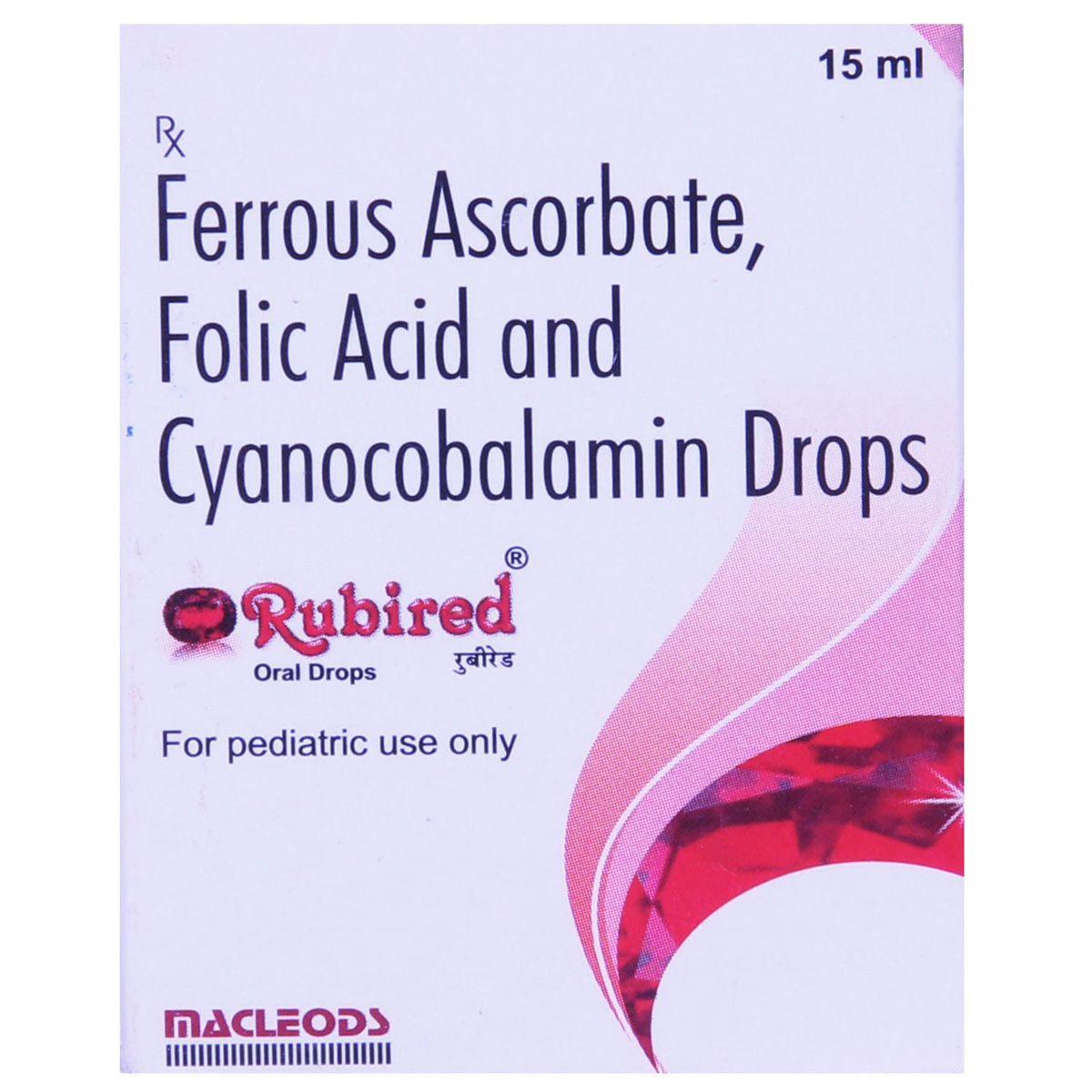
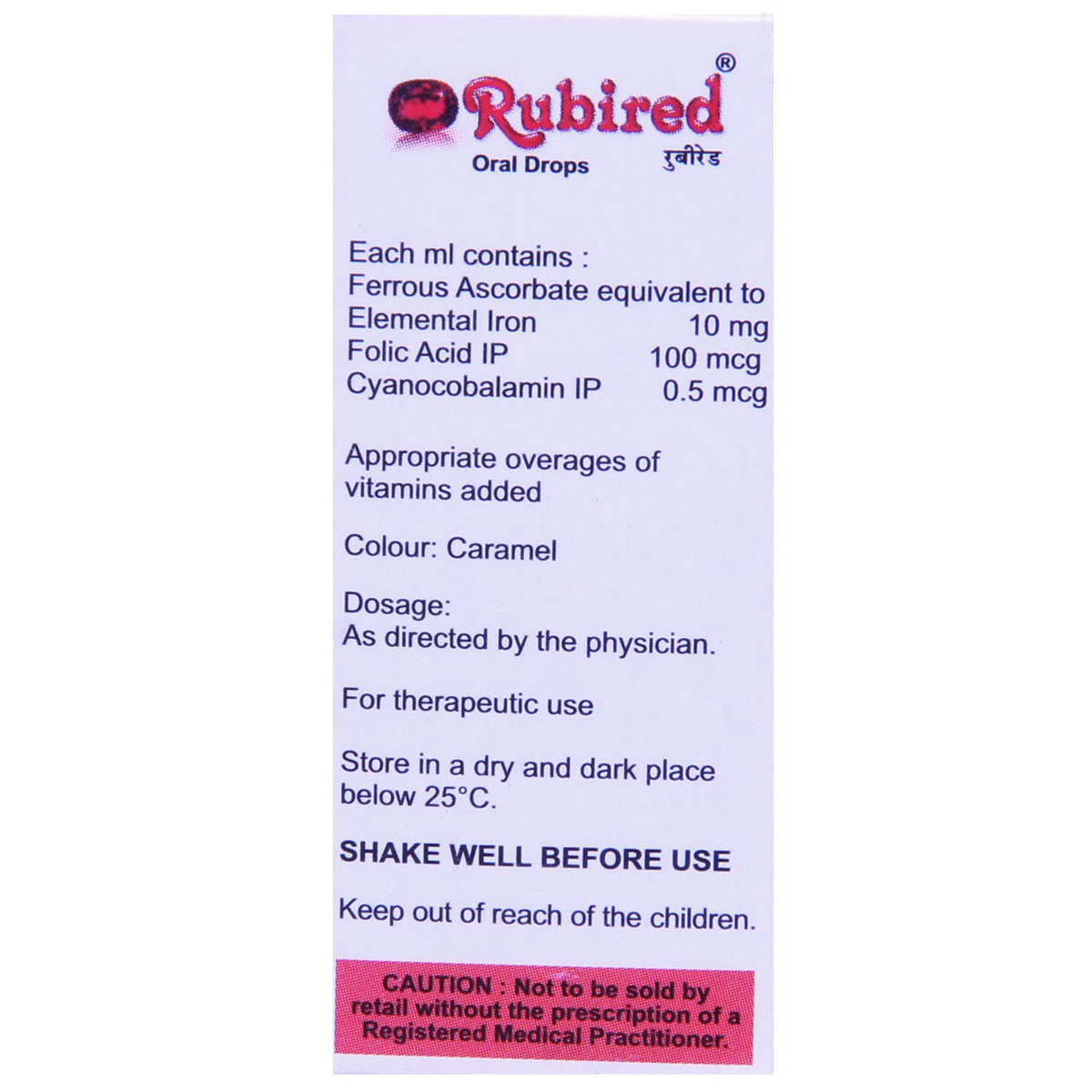
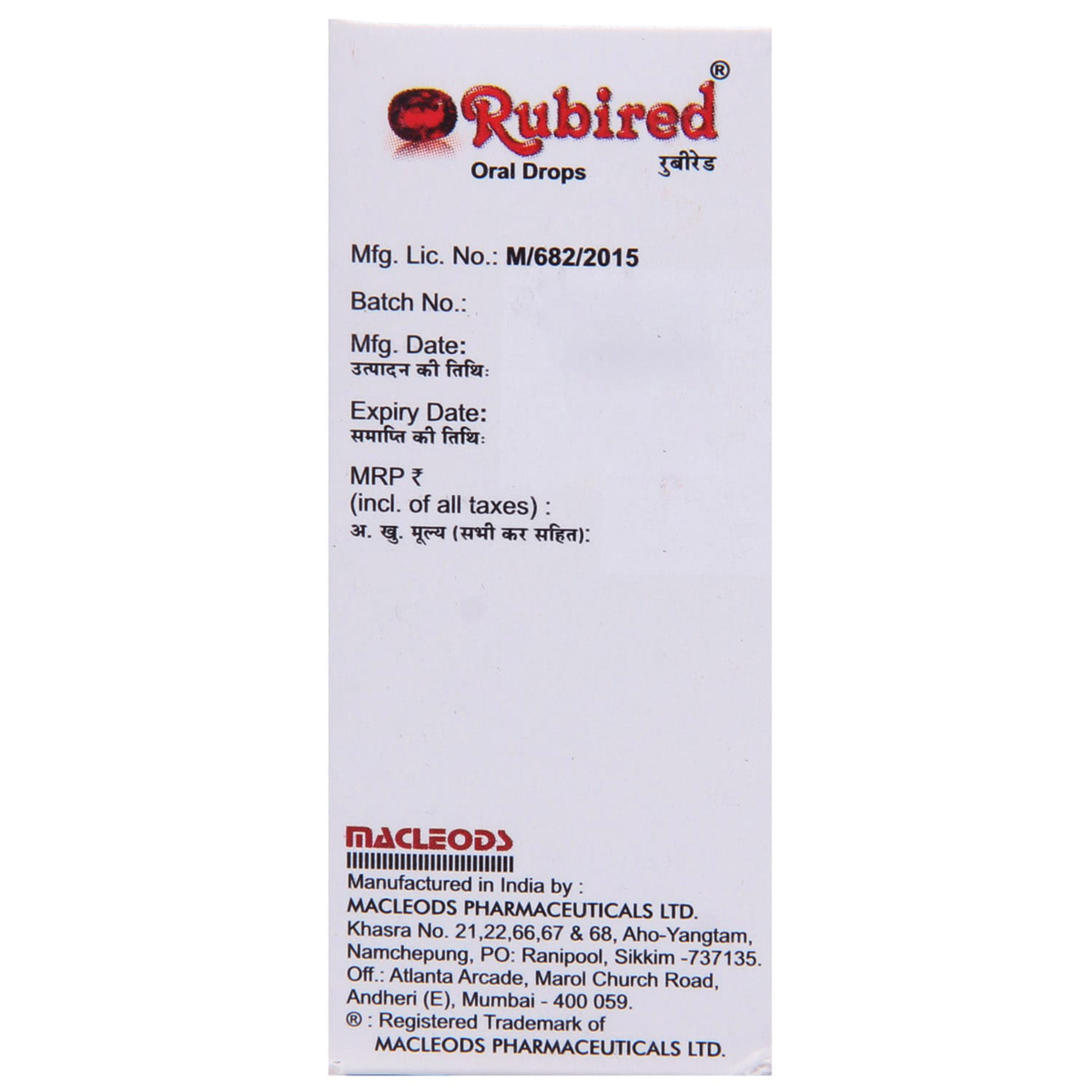
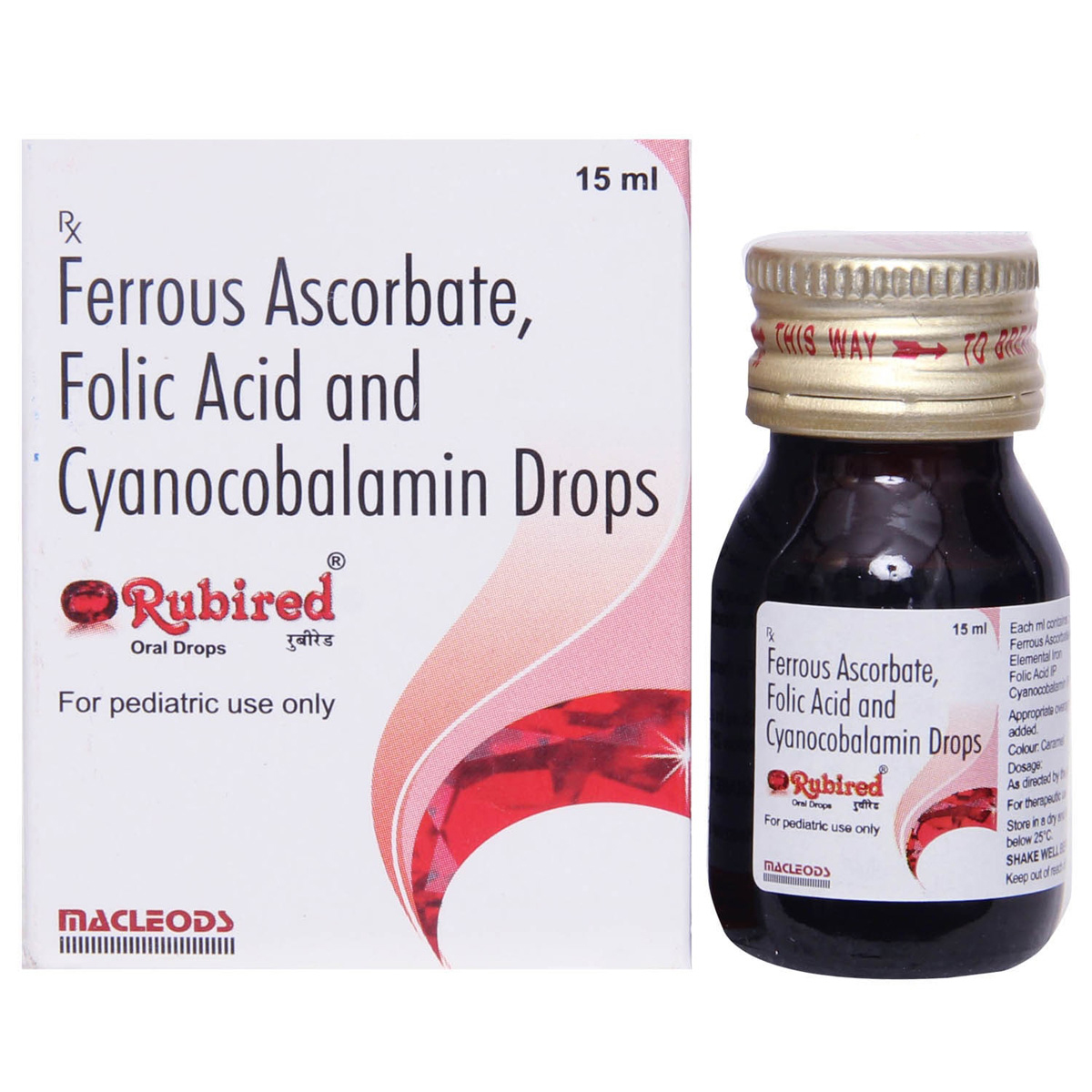


_0.jpg?tr=q-85)





